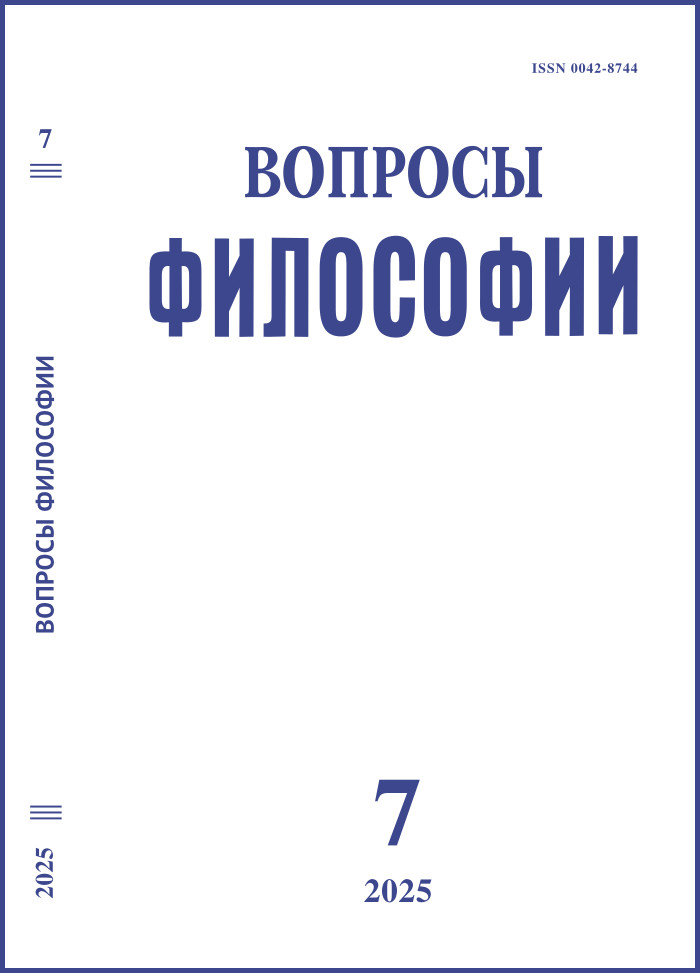Christian Ethics and Theological Morals as Conceived by Kant
DOI:
https://doi.org/10.21146/0042-8744-2025-7-97-108Keywords:
Kant, Jesus, morality, theological morality, autonomy, heteronomy, will of God, moral law, commandment of love, kingdom of ends, Kingdom of God, the Word (Logos)Abstract
The article makes an effort to verify Kant’s paradoxical statement, according to which the Christian principle of morality is not a theological principle, but the principle of autonomy of practical reason, and to do it from both sides simultaneously, i.e. on Kant’s texts and on the texts of the Gospels. Kant’s scarce judgements on “theological morality” obtain conceptual unity in the light of the interpretation of one reflection from his manuscripts. Theological morality is an ethical system based on the historical fact of divine practical legislation. The moral law of reason is revealed in Kant as the rule of universal validity of all maxims and therefore as the principle of self-legislation (autonomy), which serves as the basis for the unity of the kingdom of ends, which kingdom is also constituted through the own legislation of all its constituents. Jesus of the Gospels preaches the Kingdom of God close at hand, the criterion of citizenship in the Kingdom is not the accurate knowledge of the norms and not external worship of God, but the fulfillment of the commandment of love towards God and one’s neighbor, so that this Kingdom is created mainly from within. In the Gospel of John Jesus is preaching His doctrine as the Word of the Father, and being Himself one with God in the Word and in life, indicates this same unity as the basis for the unity of His believers. Falling away from the living unity in the Word of Truth precludes both knowledge of truth and a good life, turning God and His law into an external object of obedience. If he who does not have the Word of Truth in himself is heteronomous, then life in truth is, in exact accordance with Kant’s claim, the autonomy of pure reason.

